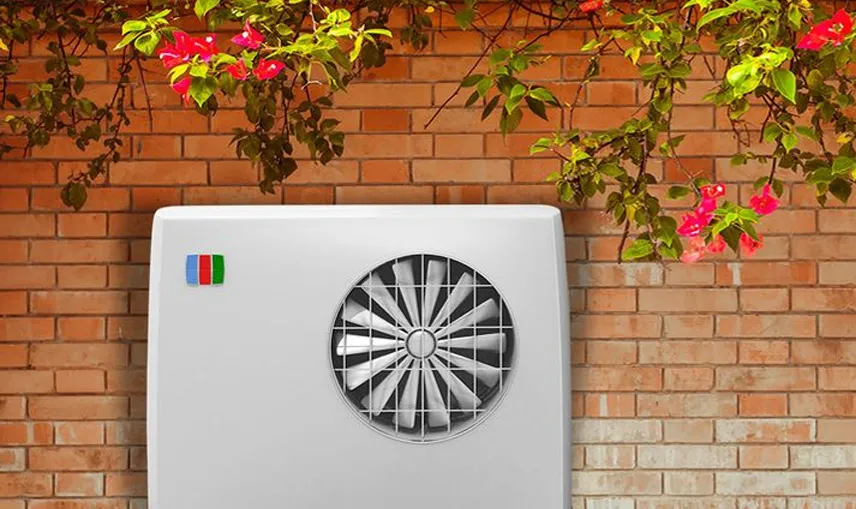Our experience and opinions on Battery storage

With the removal of FIT payments and the higher kWh charges, we are now seeking to store our solar PV generation to use throughout the day and night. Battery storage is the most common and cost effective storage system on the market. Below are occasions where a household would and wouldn’t benefit from battery storage.
Households that would benefit from battery storage
- 3.6kw or above solar PV system with a daily electrical usage above 8kWh.
- Households where people aren’t at home throughout the day to utilise the solar PV generation.
- High amount of solar PV generation exported throughout the day with an equivalent amount of grid electricity imported throughout the night
Households that wouldn’t benefit from battery storage
- Systems below 3.6kw with minimal export throughout the day
- Properties with high electrical import such as pubs that will utilise most of the solar PV generation
Battery life span and warranties
Most batteries come with a 6000 cycle or 10 year warranty but please read through the warranty documents to be clear on what the warranty covers as they vary between manufacturers
D.O.D
Depth of discharge refers to the level a battery will discharge to. Most batteries will discharge leaving 10-20% of charge in the batteries to preserve the cells for a longer life. The DOD is not included in the kWh figure referred to on the battery so always be aware that the kWh figure isn’t the total usable amount of battery storage.
Island mode
For safety reasons in the event of grid failure, your inverter and battery storage will switch off preventing you from using your solar PV system. Some inverters and batteries have a function called island mode, which allows you to use the system when there's grid failure but this doesn’t come as standard and involves additional work.
Export back to the grid or purchase a battery storage unit
- On average export payments (SEG) are 0.05p per kWh
- On average kWh charges are 0.30p per kWh
Taking the above figures into account you are saving 0.25p for every kWh you store and then use. If you install a 10kWh battery with 9kWh of usable storage then you will save £2.25 every time you fully charge and then fully discharge it. This explanation will help you understand the potential financial yield of a battery storage system when it comes with a 10-year warranty. I’ve dealt with clients that originally had no battery storage and then decided to have it installed and were delighted with the savings they have had. I am personally one of them which is why I can give honest advice as I fully understand the advantages and disadvantages of a battery storage system.


